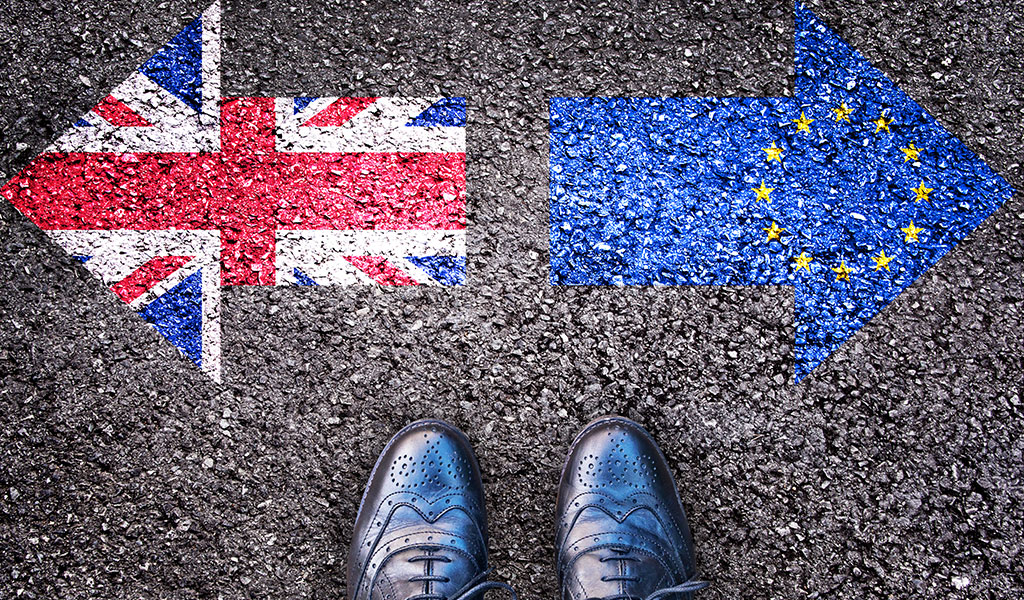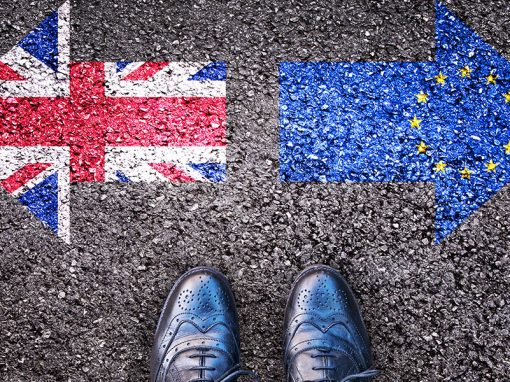While the consensus appears to be that a “No Deal” Brexit is best avoided, the government is now considering and addressing the possibility. Accordingly, the government has now issued guidance notes on how a no deal Brexit might affect intellectual property rights.
https://docs.google.com/document/d/1hVwVTYcdZfxg-9-dnnW6akjDyyyehYQyfZ0KCWGA2z0/edit#The guidance notes are for:
- Patents, Supplementary Protection Certificates (SPCs) and the Unitary Patent Court (UPC)
- Trade Marks and Designs
- Copyright
- Exhaustion of Rights
Please click on one of the hyperlinks above to go to the particular guidance note.
The overarching intention of the government is clearly that the intellectual property system should run with minimum disruption due to Brexit. To this end, existing licences and rights in force in UK will remain in force and European rights covering the UK will be replaced by new, supplementary, UK rights.
To highlight a selection of salient points from the advice notes:
Patents, Supplementary Protection Certificates (SPCs) and the Unitary Patent Court (UPC)
- Pending applications for patents and Supplementary Protection Certificates (SPCs) will continue to be assessed using the existing rules and new applications can continue to be filed.
- The regime for SPCs in the UK will continue to operate as before for UK, EU and third country businesses.
- All existing rights and licenses in force in the UK will remain in force after UK exit from the EU. Furthermore if legal proceedings involving these rights licences are underway they will continue unaffected.
- The provisions for patentability of biotechnological inventions will remain the same.
- For pharmaceutical product testing, UK, EU or third country businesses can continue to rely on studies, trials and tests carried out on pharmaceutical products being exempt from patent infringement.
- The UK government is exploring possibilities in the event that the UPC begins operation before the UK exits the EU.
- Existing registered EU trademarks covering the UK will be protected through a new, equivalent UK right which will be granted with minimal administrative burden and holders of the new rights will be informed automatically.
- Existing registered EU registered community designs covering the UK will be protected through a new, equivalent UK right which will be granted with minimal administrative burden and holders of the new rights will be informed automatically.
- Applicants with the pending application for an EU trademark or registered community design at the point of exit from the EU will be able to refile the application for a equivalent right in the UK within nine months of the date of exit and with the same application date for priority purposes as the EU application. However, applicants with pending applications for EU trademarks or registered community designs will not automatically be notified of the lapse in their rights.
- UK applicants will continue to be able to apply for protection in the EU through an EU trademark or registered community design as they do now.
- Existing unregistered community designs will continue to be protected under the existing provisions. Through a new Supplementary unregistered design right, designs which are disclosed in the UK after the UK exits the EU will be protected in the UK under the existing unregistered community design provisions.
- The government propose an asymmetric approach to exhaustion of intellectual property rights in a product after first sale within the European Economic Area (EEA) by which:
- the UK will continue to recognise EEA exhaustion and so the rules affecting imports of goods into the UK will not change; however
- there may be restrictions on the parallel import of goods from the UK to the EEA, i.e. the EU might not recognise that IP rights are exhausted with respect to the EEA for goods imported into the UK.
- Consequently, and as stated in the guidance note, “Businesses undertaking [parallel imports] may need to check with EU rights holders to see if permission is needed.”
- The UK and the other EU Member States are party to the main copyright instruments, including the Berne Convention. This means that the principle of ‘national treatment’ and the other obligations will continue to apply even after the UK’s exit from the EU. So, works originating in one of the Berne Union countries will be given the same protection in each of the other countries as the latter grants to the works of its own nationals.
- The address for service rules in the UK will not change and client-attorney legal Privilege for patent attorneys will remain unaffected.
Should you have a query regarding any of the issues highlighted above or on a specific point within the guidance notes please do not hesitate to contact us for more specific advice.
Share this article
Our news articles are for general information only. They should not be considered specific legal advice, which is available on request.









